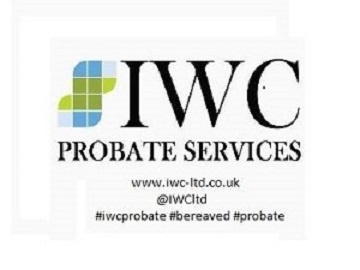
Most Popular
The Benefits of Making a Will Online in the UK
In today's digital age, the process of creating a will ...
Inheritance Tax Planning Advice: What You Need to Know
Inheritance tax planning is a crucial aspect of financial management ...
Unlocking the Power of Medallion Signature Guarantees
In the world of financial transactions, security and authenticity are ...



How to Make Will Online Easily

A will is a legally binding document that is essential to the transfer of one's possessions after death. A will's testator is the person who draughts it. A will must be maintained in order to stop the property from being dispersed according to the legal procedure and it is easy to make will online. Property is distributed through intestate succession when someone passes away without registering a will online. Intestate succession operates differently from religious and private law.
As a result, it is usually advisable to draught a will in advance to make sure that the deceased person's intentions are followed and their property is distributed accordingly. The deceased's close friends or family should ideally receive the property, according to the will's recommendations. A will is a good idea to have in advance, but many people don't have one or have one that contains obsolete information. It is usually advisable to register even though it is not required. The benefits of creating a will
To minimise family conflicts
It's possible that you'll be able to find a job in the field of your choice if you have a degree in business administration. These conflicts could split your family apart. A definitive partition of the assets will guarantee a peaceful transfer of the assets.
To ensure the custody of young children
Lack of a suitable guardian could jeopardize your children's future if you die away before they are adults. A guardian can only be named by a will; otherwise, the court will name someone who complies with the law.
Legal problems are lessened by having a will
By drafting a will, you can safeguard your loved ones by preventing relatives or strangers from making fictitious claims to your property and funds. Without a will, it could take up to five years for your family to inherit your property.
To decide who will receive your assets
Without a will, your possessions are distributed to your heirs in accordance with the laws of inheritance rather than according to your wishes. Making a will allows you to choose who will receive a portion of your estate after your passing.